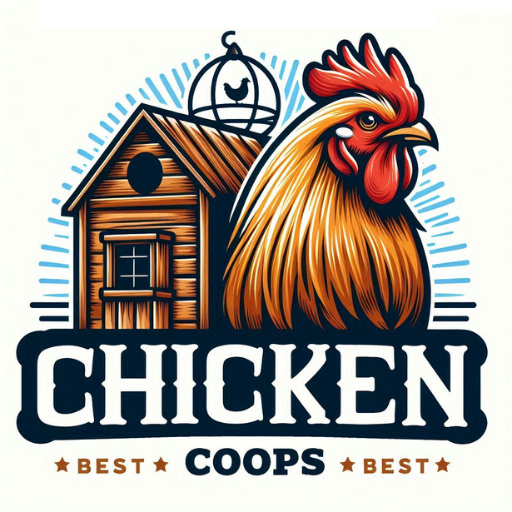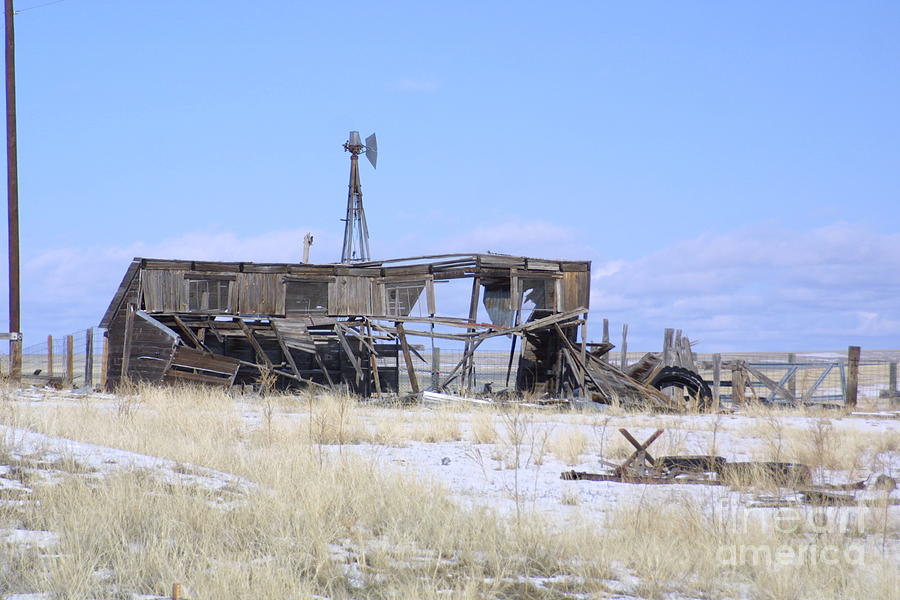From wood and wire to insulation and roofing, each element needs careful consideration. This guide will help you understand the best materials for chicken coops, so you can build a safe and comfortable home for your chickens.
Why Choosing Quality Materials For Chicken Coops Matters
Before we dive into the specifics, let’s discuss why choosing the right materials is essential.
The materials for chicken coops directly impact the structure’s lifespan, the chickens’ safety, and their overall well-being.
A well-constructed coop provides adequate protection from predators, harsh weather, and potential health hazards, ensuring your chickens remain happy and healthy.
Durability
Your chicken coop needs to withstand various environmental conditions, from heavy rain and snow to intense sun and wind. Durable materials will ensure that your coop lasts for years without requiring frequent repairs or replacements.
Safety
Chickens are vulnerable to a variety of predators, including raccoons, foxes, and even neighborhood dogs. The materials used in the construction of your coop should be strong enough to keep these predators out. Additionally, safe materials will prevent injury to your chickens from sharp edges or toxic substances.
Comfort
Comfort is key to keeping your chickens productive and healthy. The materials for chicken coops should provide adequate ventilation, insulation, and space to move around. A comfortable environment will reduce stress, leading to better egg production and overall health.
Top Materials for Chicken Coops

Now that we understand the importance of material choice, let’s explore the best options available.
1. Wood
Wood is the most common material used for building chicken coops, and for good reason. It is durable, easy to work with, and provides excellent insulation.
- Pros: Wood is versatile and can be easily customized. It offers natural insulation, which helps maintain a stable temperature inside the coop. Plus, wood is aesthetically pleasing and blends well with most backyard environments.
- Cons: Wood can rot if not properly treated, especially in wet climates. It also requires regular maintenance, such as painting or sealing, to prolong its lifespan.
Best Woods for Chicken Coops:
- Cedar: Naturally resistant to rot and insects, cedar is a top choice for chicken coops. It is also lightweight and has a pleasant aroma that can help deter pests.
- Pine: More affordable than cedar, pine is also a good option. However, it needs to be treated to resist moisture and insects.
- Plywood: A budget-friendly option, plywood is easy to work with but requires sealing to prevent water damage.
2. Wire Mesh
Wire mesh is essential for the construction of the coop’s run and ventilation areas. It keeps your chickens in and predators out while allowing for proper airflow.
- Pros: Wire mesh is strong and durable, providing excellent protection against predators. It also ensures good ventilation, which is crucial for preventing respiratory issues in chickens.
- Cons: Poor quality wire can rust over time, and sharp edges can be hazardous if not properly installed.
Types of Wire Mesh:
- Hardware Cloth: The best option for chicken coops, hardware cloth has small openings (usually 1/2 inch) that prevent even the smallest predators from getting in. It’s also less likely to rust and is more durable than chicken wire.
- Chicken Wire: While often used, chicken wire is not the best option for predator protection. It is more affordable, but the larger holes can allow smaller predators to squeeze through or chew their way in.
3. Roofing Materials
The roof is one of the most important parts of your chicken coop, protecting your flock from the elements.
- Pros: High-quality roofing materials will provide protection from rain, snow, and harsh sunlight. They also contribute to the overall durability and lifespan of the coop.
- Cons: Some roofing materials can be expensive, and improper installation can lead to leaks or other issues.
Best Roofing Materials:
- Asphalt Shingles: These are durable and widely available. They provide excellent protection against the elements and are relatively easy to install.
- Metal Roofing: Long-lasting and low maintenance, metal roofing is an excellent choice for chicken coops. It’s also resistant to rot and pests.
- Polycarbonate Panels: These panels are lightweight and allow natural light into the coop, which can help with egg production. However, they can be more expensive and may require more effort to install.
4. Insulation
Insulation is crucial for maintaining a comfortable temperature inside the coop, especially in regions with extreme weather conditions.
- Pros: Proper insulation keeps the coop warm in the winter and cool in the summer, reducing stress on your chickens. It also helps to reduce humidity and condensation, which can lead to mold growth.
- Cons: Insulation materials can be costly, and improper installation can result in poor ventilation, leading to respiratory issues.
Best Insulation Materials:
- Foam Board Insulation: Easy to install and effective at maintaining temperature, foam board is a popular choice. However, it needs to be covered with plywood or another material to prevent chickens from pecking at it.
- Spray Foam: This option provides excellent coverage and insulation but can be more expensive and challenging to apply. It’s important to ensure it is safe for chickens and properly ventilated.
- Reflective Foil Insulation: A lightweight option, reflective foil is easy to install and helps to reflect heat, keeping the coop cooler in the summer. It’s less effective in colder climates.
5. Flooring Materials
The flooring of your chicken coop needs to be easy to clean, durable, and safe for your chickens.
- Pros: A good floor will be easy to clean, preventing the buildup of harmful bacteria. It also needs to be sturdy enough to support the weight of the chickens and withstand wear and tear.
- Cons: Some flooring materials can be slippery or difficult to clean, leading to potential health issues for your flock.
Best Flooring Materials:
- Concrete: Highly durable and easy to clean, concrete is an excellent choice for flooring. It also prevents predators from digging into the coop. However, it can be cold, so adding bedding like straw or wood shavings is important.
- Wooden Planks: These are a popular choice for their natural look and ease of installation. However, they require regular maintenance to prevent rot and can be more difficult to clean.
- Vinyl Flooring: Easy to clean and resistant to moisture, vinyl flooring is a practical choice. It’s also soft underfoot, making it comfortable for chickens.
Conclusion
Choosing the best materials for chicken coops is essential for creating a durable, safe, and comfortable environment for your flock.
Wood, wire mesh, roofing, insulation, and flooring all play crucial roles in the overall quality of your coop. By selecting the right materials, you’ll ensure that your chickens are happy, healthy, and protected for years to come.
Remember, investing in high-quality materials upfront can save you time and money on repairs and replacements down the road.
Whether you’re building your first chicken coop or upgrading an existing one, the right materials will make all the difference.

